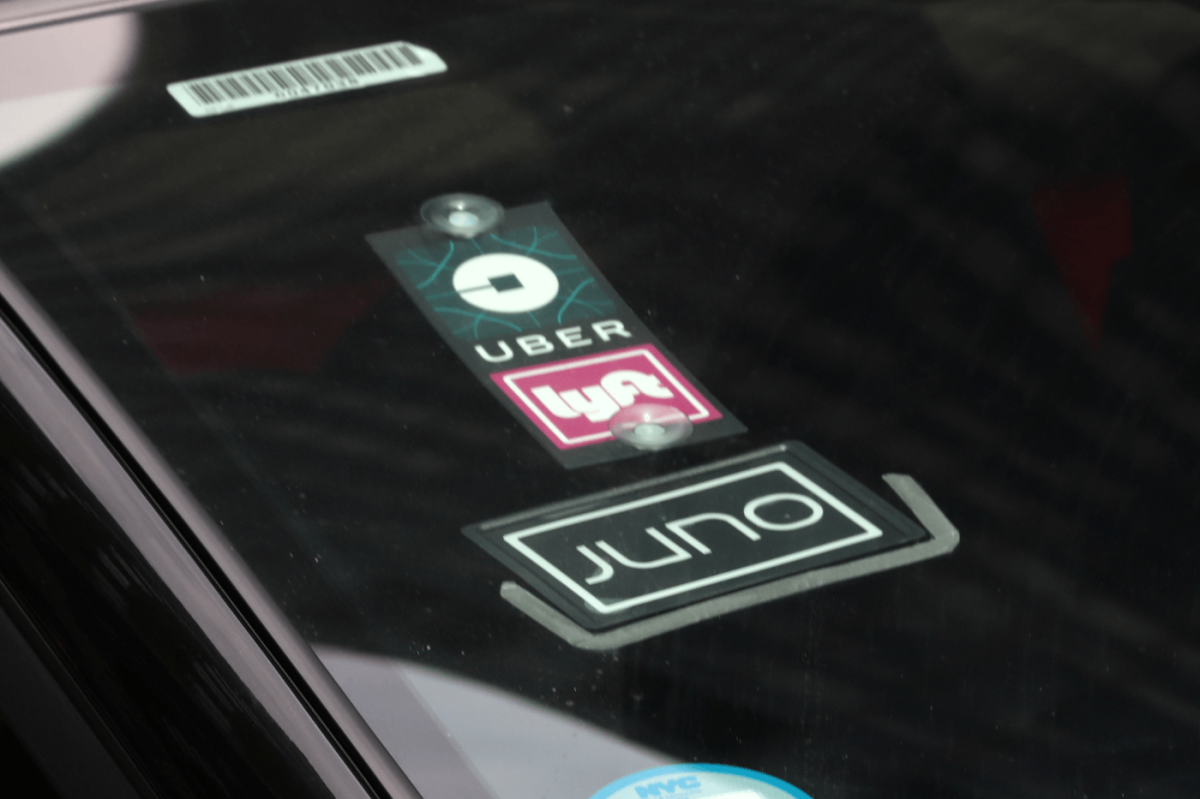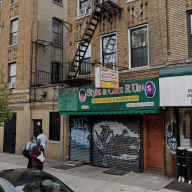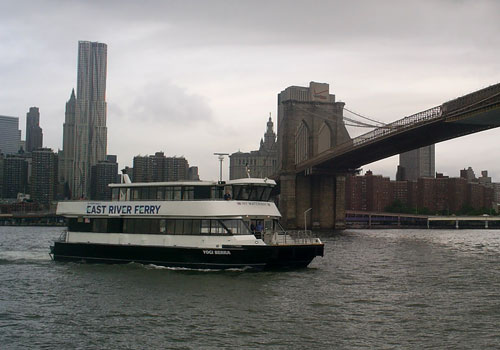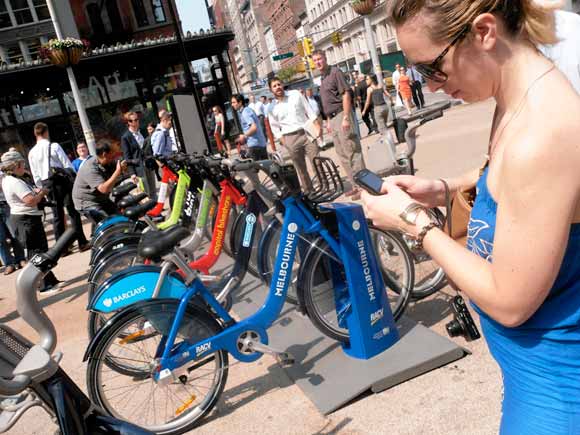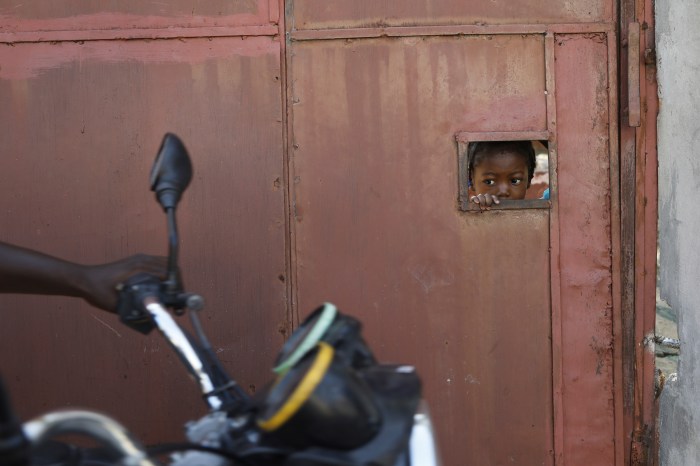In just a bit I’ll continue last week’s column about global warming and transportation and mobility startups. Next week, I’ll be back to writing about the Brooklyn Democratic Party. But first I want to touch on coronavirus and New York state.
Seven weeks ago, I wrote a column called, “Coronavirus is coming back to New York City.” Since then, unlike most of America, we have so far kept new cases low. We are testing over 60,000 people a day and currently getting only a 1 percent positive rate, so we are doing almost as well as South Korea. About 20 percent of our new cases are currently coming from out-of-state.
I think New York is still more likely to see a resurgence in coronavirus rather than a continued successful quarantine, but we shall see. New Yorkers and Gov. Andrew Cuomo should be commended for watchfulness these last several months. No commendation for Mayor Bill de Blasio, who this week forced out his Health Commissioner Dr. Oxiris Barbot. If he’d listened to her earlier, fewer people in our city would have died.
Back to last week’s topic: transportation. In addition to public transportation — airplanes, bikes, and taxis — the newest ways to get around are different pretentiously-named “mobility startups.” I’ll briefly discuss Zipcar, Revel, Citibike/Lyft, and Uber.
Zipcar is a car-sharing service that lets you rent cars in half-hour increments. This week I used it to drive a Mercedes Benz from the Lower East Side to Nick’s Lobster House in Marine Park. I like it and am all for it.
Revel is like Zipcar but for electric scooters. As our own Ben Verde has reported, Revel has now suspended its service in New York City after two of its users died in separate fatal crashes. Who could possibly have anticipated the downside risk of giving people scooters with no training?
Lyft is a ride-sharing service (an unmarked car with a driver you order on an app) and also the owner of Citibike, New York City’s bike-sharing service. I don’t see how Citibike will ever turn a profit.
Uber’s another ride-sharing service. Uber strikes me as somewhat more evil than Lyft. For instance, many Uber drivers seem to be dying by suicide these last couple years, though I suppose that’s also true for taxi medallion holders. Neither Uber nor Lyft has ever turned a profit. Many of these startups’ whole business models seem to be about getting around regulations that exist for a reason.
This week, our own Kevin Duggan reported that a building on Bedford Ave in Williamsburg collapsed. The one next to it will probably have to come down, too. This sounds unrelated to the mobility startups, but I think it is. The buildings are owned by two guys named Ben who went to Cornell and spent over a billion dollars buying North Brooklyn property at clearly overvalued rates. Their real estate portfolio lost a lot of value in the last few years.
Nick Rizzo is a Democratic District Leader representing the 50th Assembly District and a political consultant who lives in Greenpoint. Follow him on Twitter @NickRizzo.


